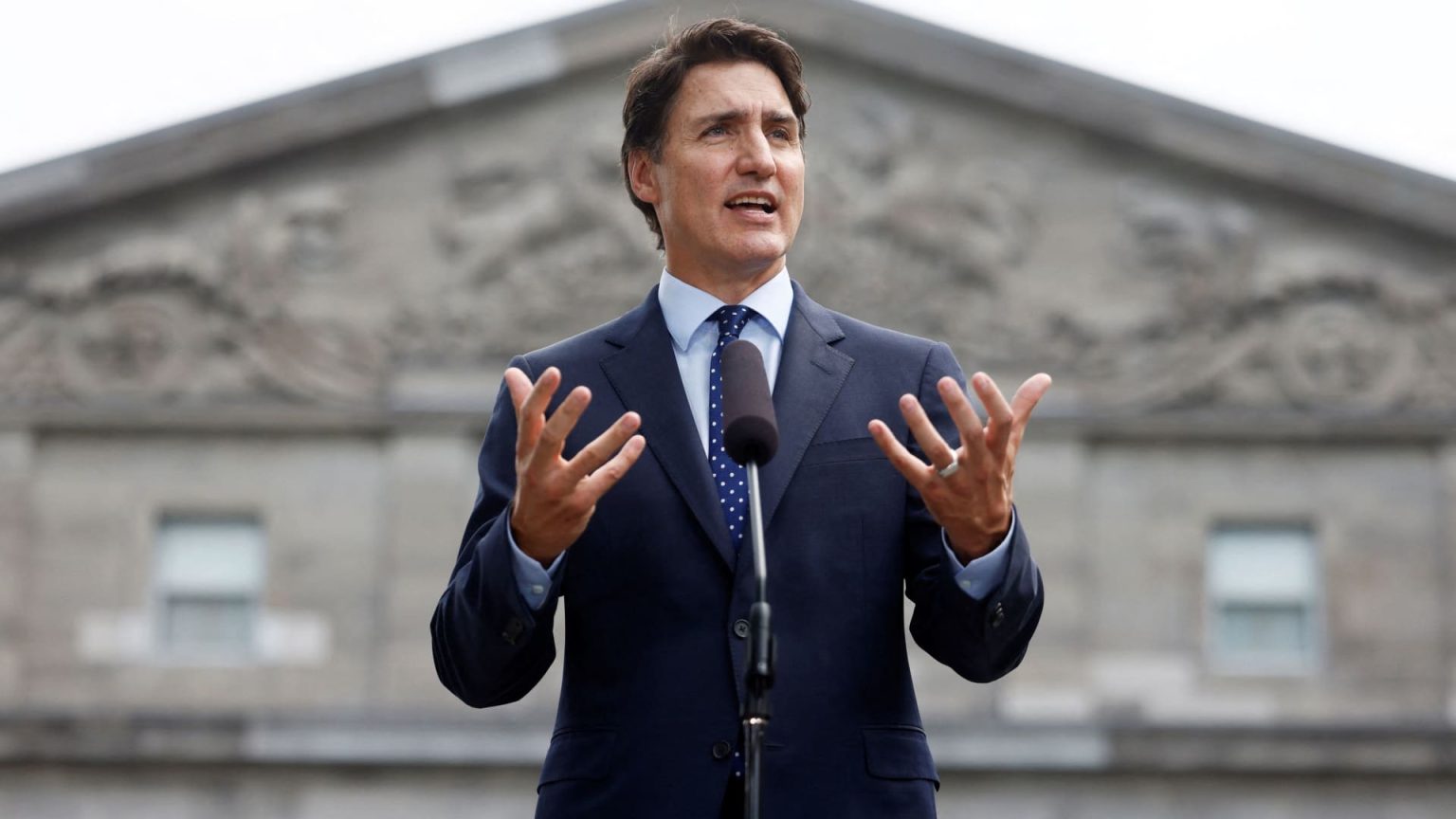Canada announced on Monday that it would be imposing 100% import tariffs on electric vehicles (EVs) made in China, joining the U.S. and the European Union in efforts to address concerns related to unfair subsidies. Currently, Canada already has a 6.1% tariff on Chinese EV imports, with the new 100% tariff set to take effect on Oct. 1. In addition, a 25% tariff on Chinese steel and aluminum imports will be implemented on Oct. 15. The Canadian government cited unfair competition and trade practices from China in the EV, steel, and aluminum industries as the rationale behind these measures.
The U.S. and EU have also levied tariffs on China-made products, pointing to issues such as China’s alleged overcapacity in these industries. Canada’s aim with these new tariffs is to create a level playing field for its domestic producers to compete both locally and globally. The measures will be reviewed after one year and could potentially be extended or supplemented with additional actions. These tariffs are part of a broader trend of countries taking steps to protect their domestic industries from perceived unfair practices, with the Biden Administration and the EU also implementing tariffs on Chinese EVs earlier in the year.
The Chinese government expressed strong opposition to Canada’s decision, stating that it violates WTO rules and could harm trade relations between the two countries. China emphasized that its EV industry has grown due to innovation and market competition rather than government subsidies. Chinese EV maker BYD has made inroads in Canada, opening a bus assembly plant in 2019 and providing electric buses to Toronto. While Chinese brands are not yet dominant in the Canadian market, there has been a significant increase in automobile imports from China to Canada, particularly after Tesla began shipping EVs from its Shanghai factory to the country.
The tariffs on Chinese EVs, steel, and aluminum are part of a broader strategy by Canada to protect its industries from unfair competition and trade practices. The government plans to review other critical industries in the country, such as batteries, semiconductors, and solar products, in order to safeguard domestic production. While the impact of these tariffs on China’s EV growth momentum remains to be seen, the Chinese government has vowed to take necessary action to protect its firms. The ongoing trade tensions between China and various countries highlight the complexities and challenges of global trade relationships in the modern economy.













